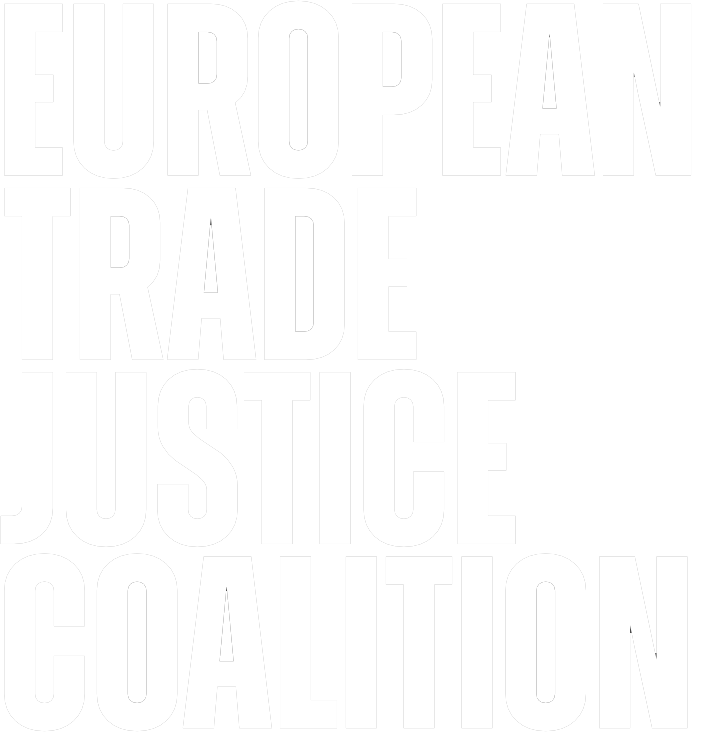
Harming a pension fund, then suing to escape liability
Andraous vs the Netherlands
Businessmen diverted hundreds of millions of dollars from a pension fund active on Curaçao and neighbouring Caribbean islands. Courts ruled the money should be paid back. Yet, one of the businessmen (who was ordered by court to pay back money) is now suing the Netherlands in an investment arbitration tribunal. He argues that the depletion of the pension fund was actually caused by actions of Curaçao’s central bank – and so ultimately by the Netherlands, within which the island state is a constituent country. Will Dutch taxpayers now be forced to pay for the damage he caused to the pension fund?
Everyone on Curaçao and neighbouring islands like Sint Maarten knows about the debacle involving insurance company Ennia. Local media have called it “the theft of the century”.[1]
Ennia is the largest insurer in the Dutch Caribbean, offering everything from car insurance to pension plans. In 2006, the company was bought by US-Iranian oil billionaire Hushang Ansary. In the years that followed, deploying shell companies and a series of complex transactions – including for dividends, bonuses, payments to fake staff, the purchase of other companies, and the expensive use of private jets – he and his team drained Ennia of several hundred million dollars. This brought the firm close to collapse, threatening the pensions of around 30,000 people.[2]
“If Ennia goes down, we go down… It is everything to us.”
A woman from Curaçao, who relies on an Ennia pension, along with her husband [3]
In 2018, Curaçao’s Central Bank stepped in, took over Ennia’s administration and started to search for the money that had been siphoned away. By 2023, two Curaçao courts had found Ansary and others liable for improper use of Ennia money, ordering them to pay compensation.[4] But so far not a single guilder has been paid back.
Pension fund bailout at taxpayers’ expense
Instead, a very significant amount of public money has been committed to rescue Ennia and secure people’s pensions. For the next 30 years, Curaçao will pump 30 million guilders (around $16.7 million or 12 per cent of its 2025 education budget) into the company every year. Sint Maarten will pay an additional 2.3 million guilders (around $1.3 million or 6 per cent of its 2025 social security budget) per year.[5]
This use of taxpayer money to bailout Ennia has been heavily criticised. A third of the island’s population live below the poverty line,[6] and there is a dire need for investment in healthcare and education. Curaçao politicians have pointed out that “the growing debt makes that more difficult.”[7] Neither current nor future generations on these islands should have to pay for the mismanagement at Ennia.[8]
ISDS counter-attack from businessman ordered by Curaçao courts to pay back money
But the Ennia businessmen who were found by the courts of Curaçao to have acted unlawfully are determined to fight the rulings against them by all possible means. One of them is Abdallah Andraous, Ennia’s former director. In November 2021, he was found by a court of first instance in a civil case filed by Ennia to have unlawfully extracted over $132 million from the company.[9] In September 2023, the Curaçao Court of Appeal upheld the verdict.[10] The final decision on the damages Andraous will have to pay to Ennia is expected in late 2025.
Yet, in February 2023, Andraous went on the legal counterattack. He sued the Netherlands in an investor-state dispute settlement (ISDS) tribunal, claiming “at least” $132,850,633.44 in compensation –the same amount he has been ordered to repay. Andraous, who held Lebanese-Dutch citizenship when he filed the claim, is suing via the 2002 Lebanon-Netherlands investment treaty. He argues that he was not just a director, but also a shareholder – and therefore an investor – in Ennia. He complains that his investment was “destroyed” by Curaçao’s Central Bank, which eroded the value of the company until it was “a worthless shell”. His full argument is set out in the ‘Notice of Arbitration’ filed on his behalf, dated 7 February 2023, which can be accessed using the link in the footnote.[11]
“Abdallah Andraous, a former Ennia-director, has joined the fight with what feels like a frivolous attempt to get away from repaying Ennia… $132.5 million… in damages.”
Hilbert Haar, Dutch journalist[12]
Protection for a non-existent investment?
Several eyebrow-raising details are a feature of this arbitration. Firstly, Andraous hasn’t lived in Lebanon for forty years. In its defence against the complaint, the Dutch government claims that Andraous lived in Sint Maarten during the mismanagement at Ennia, and always presented himself as a Dutch citizen (while also holding Lebanese nationality).[13]
There are also serious doubts about Andraous’ investment. He claims to own one per cent of shares in Parman International – the company which owns Ennia. Yet, during proceedings the Dutch government has presented evidence that he sold these shares long ago, arguing that “Andraous does not have a protected ʻinvestment’ under the BIT” (bilateral investment treaty).[14]
“Bilateral investment treaties concluded by the… Netherlands adopt this broad asset-based definition, protecting investments irrespective of whether they are significant, lasting, contribute to the host State’s economic development, or even made in accordance with the host State’s law.”
In the notice of arbitration Andraous claims that Dutch BITs contain a broad definition of ʻinvestment’[15]. Such definition allows claims even in circumstances where there has been no real investment.
Ultimately, three private lawyers – the arbitrators – will interpret the BIT’s vague terms and accept the case or not. Unlike judges, these for-profit arbitrators do not have a flat salary, but are paid (lucratively) per case. In a one-sided system where only investors can bring claims, this creates a strong financial incentive to side with them – because investor-friendly rulings pave the way for more ISDS claims and more income in the future.
ISDS helps executives to evade responsibility
In Curaçao and neighbouring islands, people are apprehensive about the arbitration, watching carefully as it proceeds. “Why this treaty between the Netherlands and Lebanon is relevant remains unclear,” a journalist wrote when the ISDS claim became known. He argued that, while Andraous and the other persons who were found to be liable in the civil case before the courts of Curacao have a right to defend themselves, “there comes a time when you have to take responsibility for your actions.”[16] Yet Andraous appears to have started the ISDS case to evade his responsibility.
Will the ISDS tribunal enable this, by ruling in his favour? “If it does, the most immediate impact would be that Mr Andraous could then force Dutch taxpayers to pay for the damage he caused to Ennia,” warns Timo Zandstra, legal researcher at the European University Institute.[17] This wouldn’t be the first time someone who was ordered by a court to pay back money used arbitration proceedings to avoid this.
Investigation shows ISDS may be used to escape legal consequences
In 2016, a media investigation found over 35 cases globally where the company or executive suing via ISDS was accused of criminal activity – including bribery, money laundering, war profiteering, and fraud. In at least eight of the cases the claim brought about the desired result for the accused wrongdoers, resulting in a multimillion-dollar award, an investigation ceasing, and the dropping of criminal charges. “You have a lot of scuzzy sort-of thieves for whom this is a way to hit the jackpot,” a lawyer who handles ISDS cases observed.[18] Welcome to the world of ISDS, which helps companies and executives escape legal consequences for their actions, and sometimes get a payout too.
[1] ENNIA and the theft of the century: these are the key players, St Marteen News, 28 September 2020.
[2] For a good overview of the story, see: Spencer Woodman: A US billionaire took over a tropical island pension fund – then hundreds of millions of dollars allegedly went missing, International Consortium of Investigative Journalists, 20 November 2023.
[3] Quoted in ibid.
[4] Court of First Instance of Curaçao: ENNIA Caribe Holding N.V. et al. v Hushang Ansary et al., Judgment of 29 November 2021, Case No. CUR201903842/3843/3796/3844/3845/3846; Curaçao Court of Appeal: Parman International B.V. v. ENNIA Caribe Holding N.V. et al., Judgment of 12 September 2023, Case No. CUR2022H00008/-H00009/-H00010/-H00011/-H00012/-H00013.
[5] ENNIA rises from the ashes, but questions remain, St Marteen News, 8 January 2025. For the budget figures, see: Curaçao allocates 360 million guilders for education, science, culture, and sport in 2025 budget, Curaçao Chronicle, 19 September 2024; Finance minister tables new 2025 draft budget, reports strong start to fiscal year, The Daily Herald, 10 June 2025.
[6] High poverty rates: 31 percent of Curaçao residents struggle financially, Curaçao Chronicle, 6 January 2024.
[7] Dutch loan to rescue ENNIA meets with criticism, St Marteen News, 11 September 2023. For another critical voice, see The Ennia Debacle Video Series by former Member of Sint Maarten Parliament, Ludmila De Weever, 29 October 2024.
[8] Terrance Rey: Rethinking the ENNIA Bailout: Say NO to the Loan, St Marteen News, 12 September 2023.
[9] Court of First Instance of Curaçao: ENNIA Caribe Holding N.V. et al. v Hushang Ansary et al., Judgment of 29 November 2021, Case No. CUR201903842/3843/3796/3844/3845/3846, para 5.149.
[10] Curaçao Court of Appeal: Parman International B.V. v. ENNIA Caribe Holding N.V. et al., Judgment of 12 September 2023, Case No. CUR2022H00008/-H00009/-H00010/-H00011/-H00012/-H00013.
[11] Abdallah Andraous: Notice of Arbitration, 7 February 2023, paras 93 (vi), 35 and 71.
[12] Hilbert Haar, Hogwash, St Marteen News, 15 March 2023.
[13] See the respective sections on Andraous as an investor in: Kingdom of the Netherlands: Respondent’s statement of defence on jurisdiction, 22 May 2024; Kingdom of the Netherlands: Respondent’s Statement of Rejoinder on Jurisdiction, 2 December 2024.
[14] See the respective sections on Andraous’ investment in ibid., and in particular section 3.1. in the Statement of Rejoinder on Jurisdiction.
[15] Abdallah Andraous: Notice of Arbitration, 7 February 2023, para 56.
[16] Hilbert Haar, Hogwash, St Marteen News, 15 March 2023.
[17] Email communication with the author, 16 June 2025.
[18] Chris Hamby, Inside The Global “Club” That Helps Executives Escape Their Crimes, BuzzFeed, 28 August 2016.






